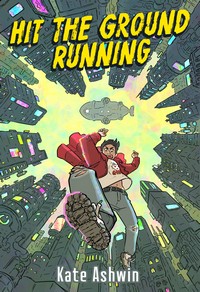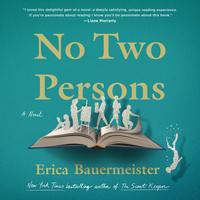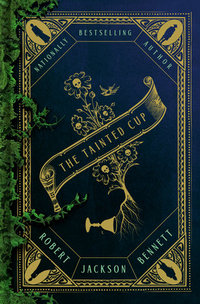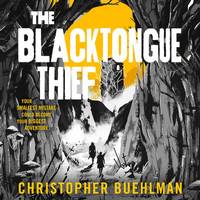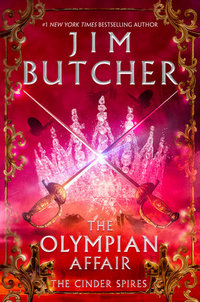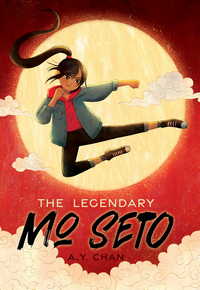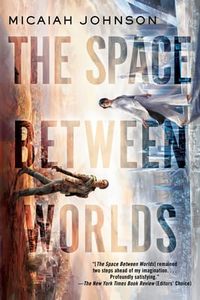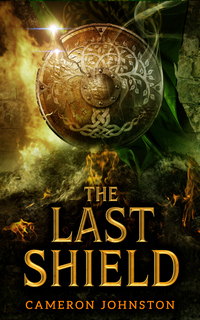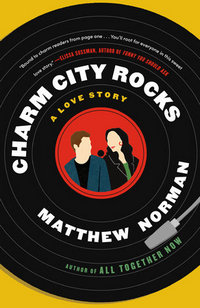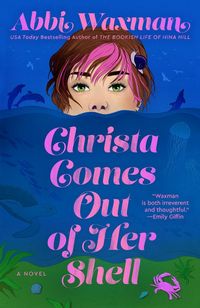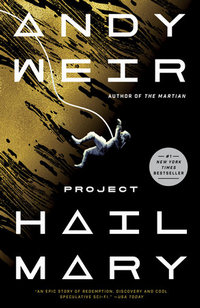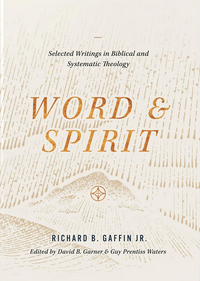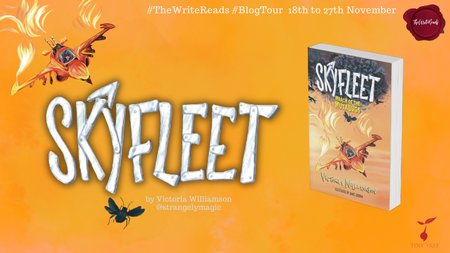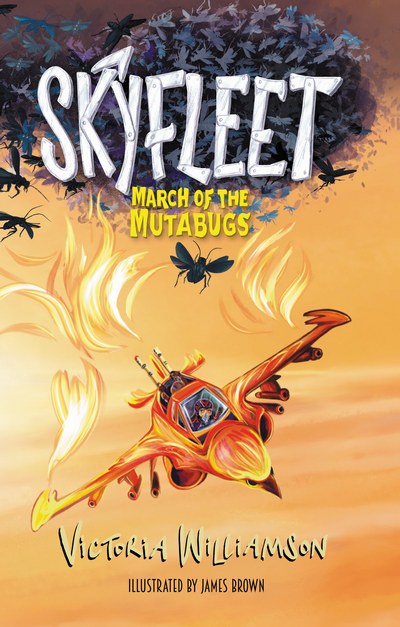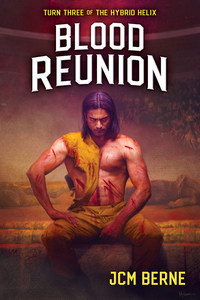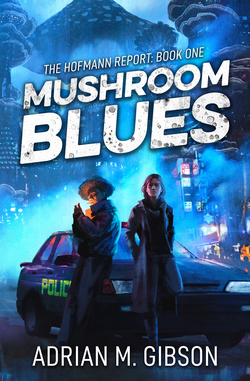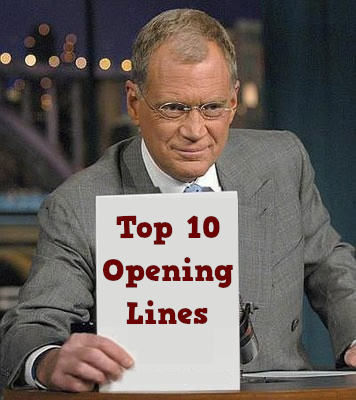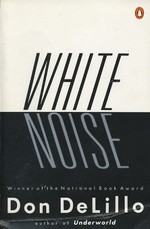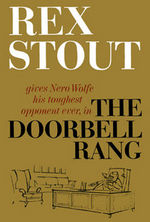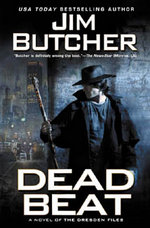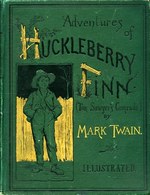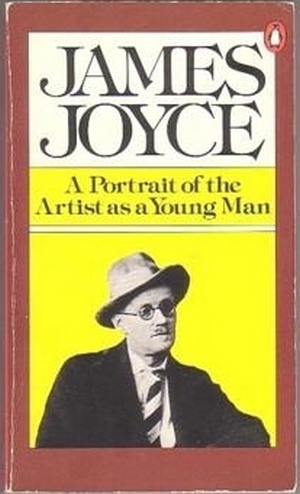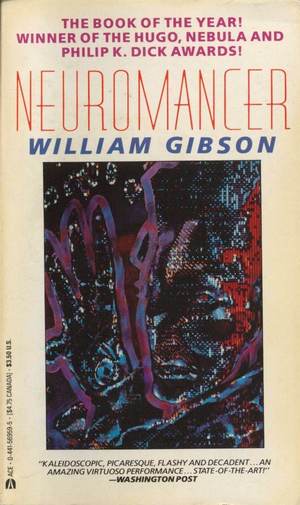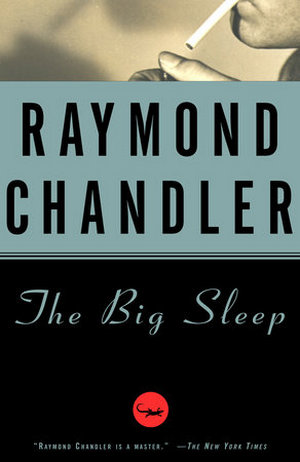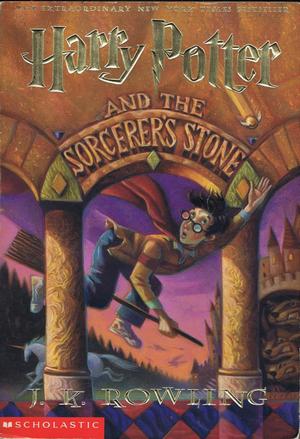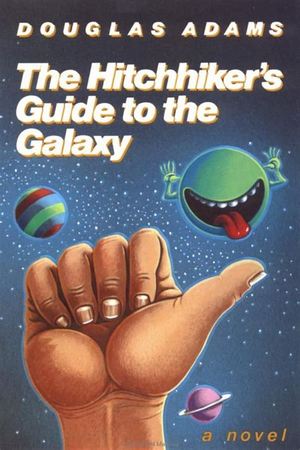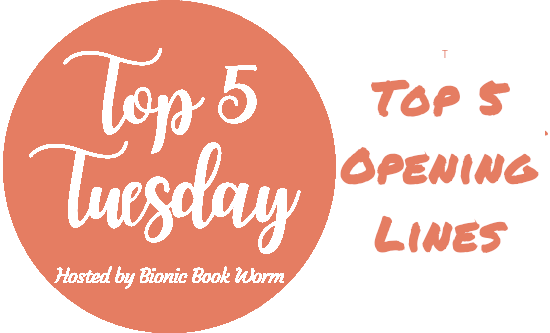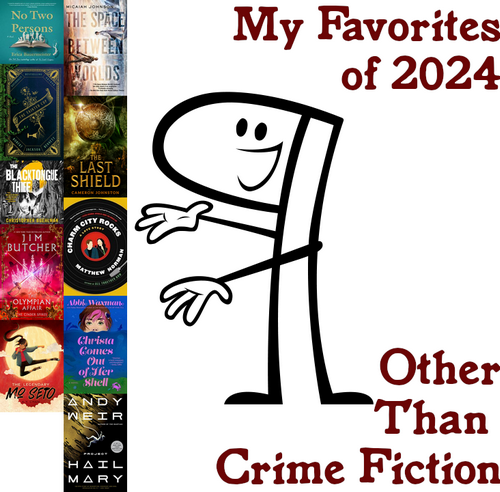
Back when I started this site, I knew the content would be largely “genre”-oriented. I’d have wagered the content would be roughly 1/3 Mystery/Detective fiction, 1/3 Urban Fantasy, and slightly less than 1/3 SFF, with “non-genre” fiction, humor, and non-fiction being enough to make my one-thirds just an approximation (honestly, if you asked me what I read regularly, that’s pretty much how I’d describe it today). Actual numbers show that’s wrong—it’s typically almost 40% Crime/Thriller Fiction, the rest of fiction is around 30% combined. This is just a long-winded way to get to these two points: because Crime Fiction takes such a big chunk of my reading, it gets its own “Favorite” list, but none of the others really garner enough numbers for their own.
When it comes to this particular list of favorites this year, it was tough to continue after the first cut. But no one wanted to read my top 30 (well, I didn’t want to put it together, anyway). I got it down with a little effort. So here’s my list of 10 favorite non-Crime Fiction Novels of 2024. Hopefully, you will find something here to tempt your.
As always, re-reads don’t count—only the works that were new to me.
(in alphabetical order by author)
by Erica Bauermeister, read by a full cast
My original post
For those who don’t know, this is a series of interconnected short stories about a novel. From the struggles the author had getting it written, to it being “discovered” by an overwhelmed reader at an agency, to the audiobook narrator, to readers, booksellers, and others who came into contact with it. We get a look into their lives before and after the novel enters their orbit.
And I loved it. I loved it so much that the day after I finished the audiobook that I borrowed from my library I went and bought the hardcover because I needed it on my shelf just to feel better.
I can’t promise anyone else will react to the book the way I did–or that I will react to it when I read it again. But yeah…I loved this thing.

by Robert Jackson Bennett
My original post
This was the first (non-beta) novel I read in 2024 and it was also the first book I gave 5 stars to (odd how that worked out). It takes the Nero Wolfe/Archie Goodwin dynamic, changes it up (Wolfe becomes a woman who stays inside for different reasons, gives the “Archie” a different explanation for his memory, etc.), and shoves it into a Fantasy world. And this fantasy world is so different than one I’ve run into before, so full, so well-developed, so intricate and “lived in” that it blew my mind from our introduction to the world through the end of the novel.
The magic, the science, the architecture…all of it was…I’m running out of believable superlatives to use here. And don’t get me started on the wonderful characters–from the detectives to the killer to the suspects to everyone else.
Possiby the best book I read all year–if not, it’s close enough that almost everything else was a let-down.

by Christopher Buehlman
My original post
About the time I started the above, I finished this. Clearly 2024 was going to be a good year of Fantasy for me. I talked about the audiobook yesterday, so let me try to focus on the story.
You’ve got an irreverent thief, the kind of guy that other thieves don’t trust (which actually makes sense, honor among thieves has to be the dumbest idea….but I digress), a knight on a (probably) doomed mission, some strange magic and…forget it. You need to do this yourself.
It’s just bonkers. The book is fun, the dialogue is spot-on, the stories are harrowing, tragic, and gripping. It’s the whole package.

by Jim Butcher
I haven’t written anything about this yet because I’m just too overwhelmed and the words can’t come out right. I loved being back in this world. I was surprised and wonderfully entertained by this story and the way it all played out (even the parts you could see coming). There’s a death that probably needed to happen, and I’ll think about forgiving Butcher for it someday (long before I forgive him for the big one in The Dresden Files).
I like the new characters (at least the ones I should), I loved catching up with our old friends. I enjoyed the whole thing. I know some people aren’t crazy about the space the new characters took compared to some of the old ones, and I get that–but the story was so fun!

by A. Y. Chan
My original post
Speaking of fun…here’s Mo (Modesty) Seto and her story. In my original post, I said, “I had about as much fun as is permitted by law while reading this.” And I still remember it that way.
You’ve got martial arts, you’ve got a fantastic underdog, you’ve got a funny and caring grandfather/grandfather figure, you’ve got family tension, you’ve got strange history, you’ve got a movie set and tall the nonsense entailed by that, you’ve got a treasure hunt (of sorts), and a great cast of characters.
Chan brought it all to life and actually has me eager to get my hands on the sequel. And I shouldn’t be this excited about a new MG novel, but I am.*
* Not because I’m some sort of snob, or that I look down on MG books. I’m just 4 decades too old to be that excited.

by Micaiah Johnson
My original post
This is, simply, a stunning SF novel. It’s a stunning novel with no genre label necessary. It’s so beautifully written. The worldbuilding and SF-sciency stuff is so good that you wonder why it took until 2021 for someone to use it. I can’t believe it’s a first novel.
I don’t know what else to say. Go read my original post where I at least have some more room to babble. Just go get it.

by Cameron Johnston
My original post
If I start on this one, I don’t know when I’ll stop. So I’ll just copy some of what I’ve already said.
The Publisher’s description of this novel starts off with, “A gender-flipped Die Hard set in a mysterious castle.” And that’s absolutely what the book is—is that description reductionistic? Yes. Is it apt? Also, yes. But it’s also so much more than that summary. (but what a great elevator, pitch, right?)
It’s is a heckuva thrill-ride. Like its cinematic predecessor, the action in this novel is top-notch. It’s not non-stop, there are moments of reflection, of exhaustion, of trying to figure out how to survive—much less succeed against this force. The set-up to the main action also takes longer than you might think (but you should really just relax and let Johnston do his thing, it’s all important and helps establish what comes later). I was hooked almost immediately—and while I wondered when the “Die Hard” part of the book would kick in, I really didn’t care. I was having a good enough time with Briar, Alaric, and the rest.
But, boy howdy, when the action kicked in? What was a perfectly enjoyable book got so much better. Johnston can write an action scene—whether the action is hand-to-hand, bladed weapon against something else, supernatural-based…you name it, he can handle it with panache and aplomb. It’s well paced—with just enough downtime between fight scenes for you and the characters to be ready for the next. Once the book builds up enough steam, forget it—you’re not going to willingly put it down.
It’s not all about swords, shields, axes, and spells, however. There’s real growth—and real injury (and not just physical)—to be seen in several other characters. No one survives this time unscathed in one way or another.
Just pasting in these paragraphs, I’m ready to set everything aside and re-read it.

by Matthew Norman
My original post
It’s a love story. It’s a story about a father and a son. A son and his mother. It’s a story about music and its power. It’s a story about second (and third and fourth) chances. It’s a tribute to Baltimore.
It’s charmingly told. It’s sweet (but not overly). It will make all but the most jaded smile. Actually, I noted earlier that “I think the best way to sum up my reaction to the book is that I noticed that every time I put the book down for some reason, I was grinning. Not because I set the book down, but it just made me happy.”

by Abbi Waxman
My original post
One of the worst-kept secrets on this here blog over the last few years is that I’ve become an Abbi Waxman fan, I’m almost guaranteed to rave about her books. And of the four I’ve read, three deserve (and the other was a really strong read, if not rave-worthy). So of course, she’s going to show up here.
The first 87 pages of this book might have been my favorite 87 pages this year. That trend might have continued, but I wrote that note then. Everything just worked.
Christa is more abrasive than your typical Waxman protagonist, which was a nice change. But the rest are just about who you’d find peopleing her other works.
A couple of scenes between a couple could’ve faded to black a little earlier for my prudish taste. But outside of that, I was in hog heaven as I read this.

by Andy Weir
Why didn’t I read this the day the hardcover arrived in my mailbox like I’d intended to? I’ll never know. I’ll regret it for quite a while, though. I spent a lot of time castigating myself for that choice as I read this.
But the important thing is that I read this. Yes, Ryland Grace is like a friendlier, less-sweary Mark Watney. But who cares? I’ll live in Watney’s head again. The jumping around in the timeline nature of this book made it different enough to keep it from being The Martian-but-different. The type of calamity that put Ryland out in space by himself is so far removed from a mission to Mars that it’s hard to compare it to.
The stuff on Earth was tense–even as we know how it’ll end (or at least that it’ll result in Ryland in space), you’re gripped. And then once he’s there? It’s just so great.
I won’t even talk about the way the ending hit. It’s just too much for a paragraph. I admit I loved The Martian more, but that’s solely because I read it first, so PHM had to compete with it. Were the situation reversed, I’d be saying that Watney is almost as great as Ryland.
It’s a must-read for SF readers or not. (unless you didn’t enjoy Weir’s other work. Then you’d better stay away.)

A few books that almost made this list and that I want to be sure to mention:
Return of the Griffin by JCM Berne (My original post), Blood Reunion by JCM Berne (My original post), Shadow of Hyperion by JCM Berne, The Tenacious Tale of Tanna the Tendersword by Dewey Conway & Bill Adams (My original post), and Buddy the Knight and The Queen of Sorrow by Peter David (My original post).

 Last year, you’ll have seen the name M.D. Presley here a few times–thanks to the first two books in his Inner Circle UF series. We had a fun chat last week that I bring to you today. Matt introduced me to the work of Laurel K. Hamilton and her influence on the genre.
Last year, you’ll have seen the name M.D. Presley here a few times–thanks to the first two books in his Inner Circle UF series. We had a fun chat last week that I bring to you today. Matt introduced me to the work of Laurel K. Hamilton and her influence on the genre.![]()


